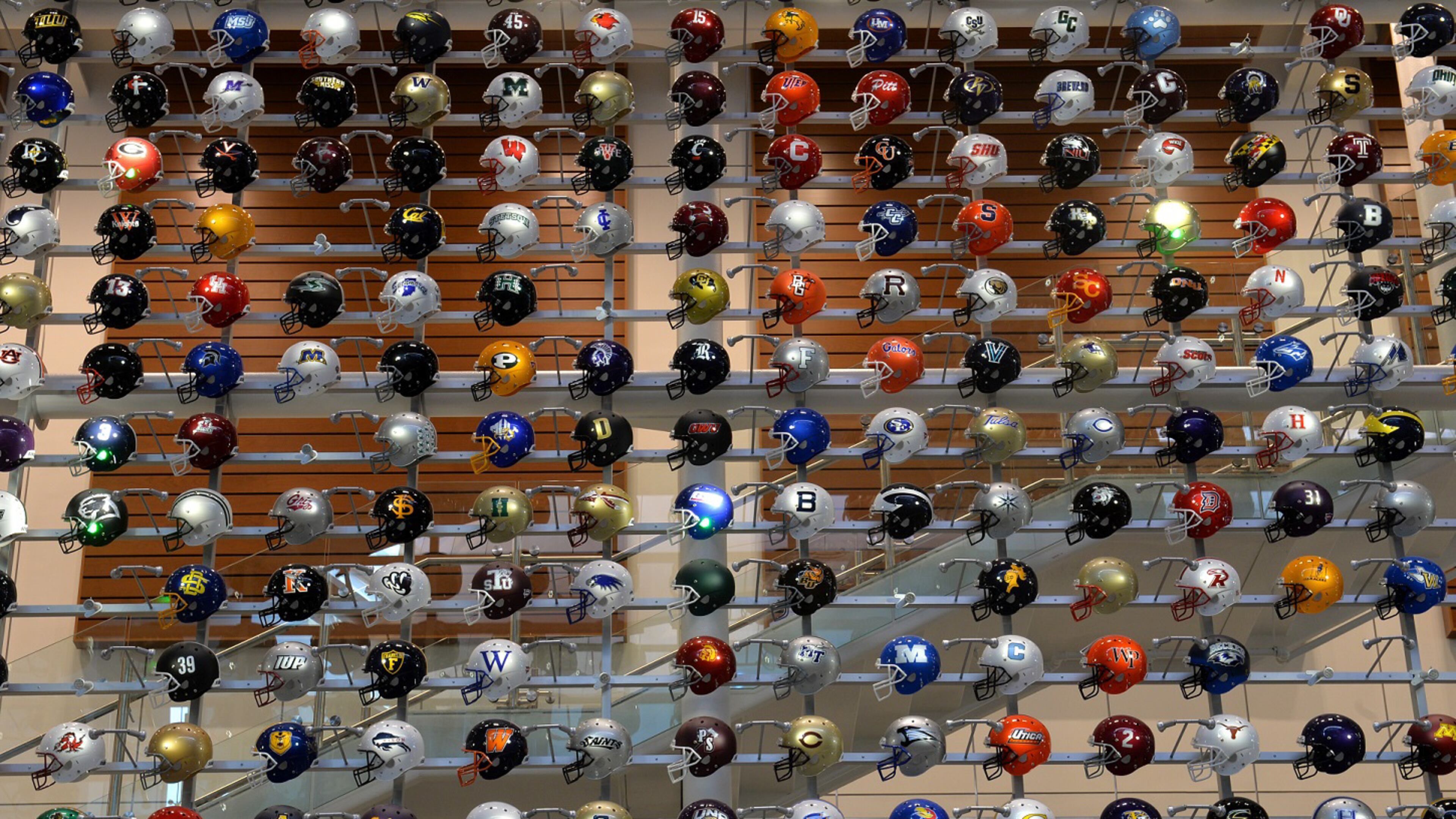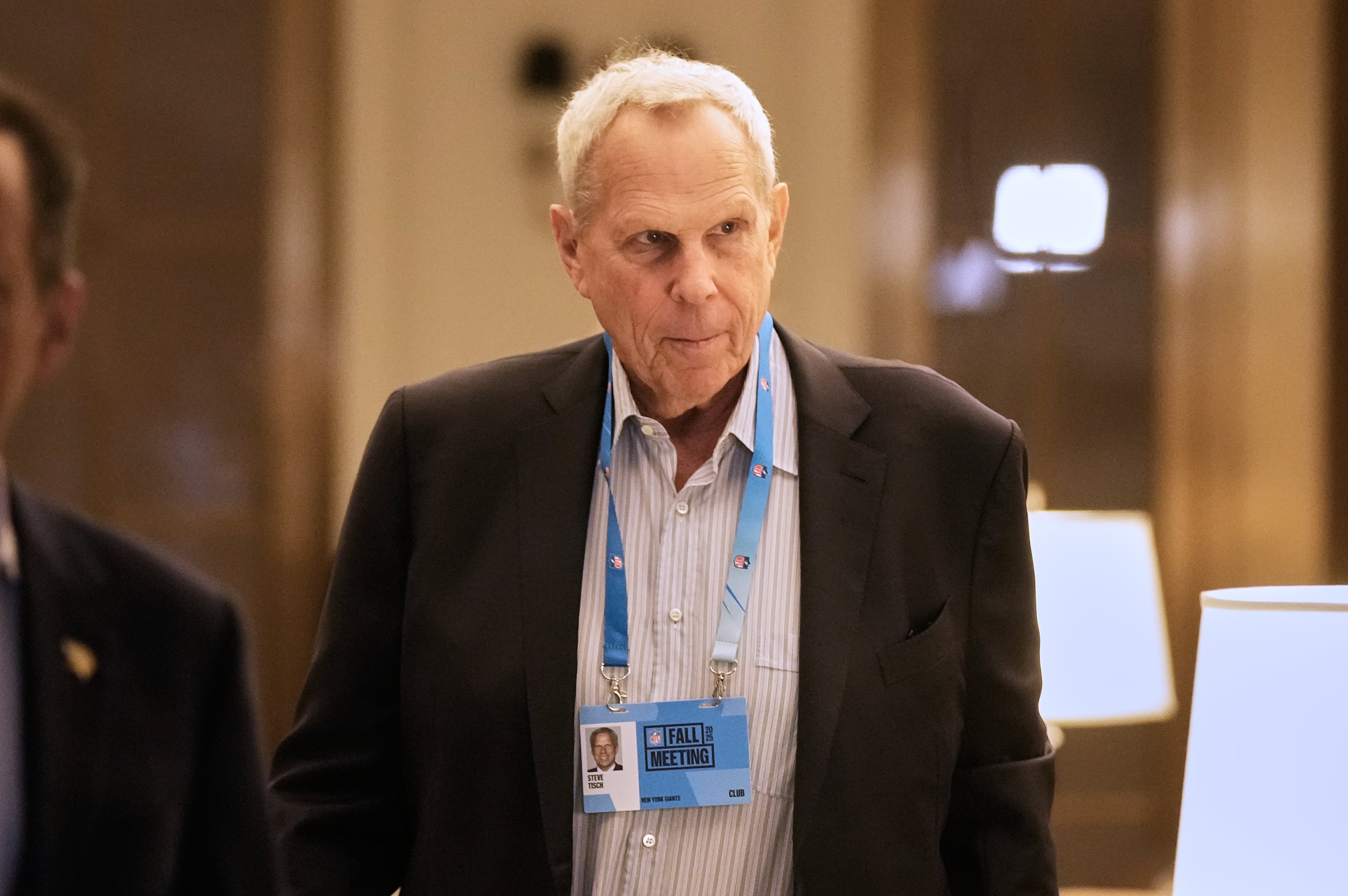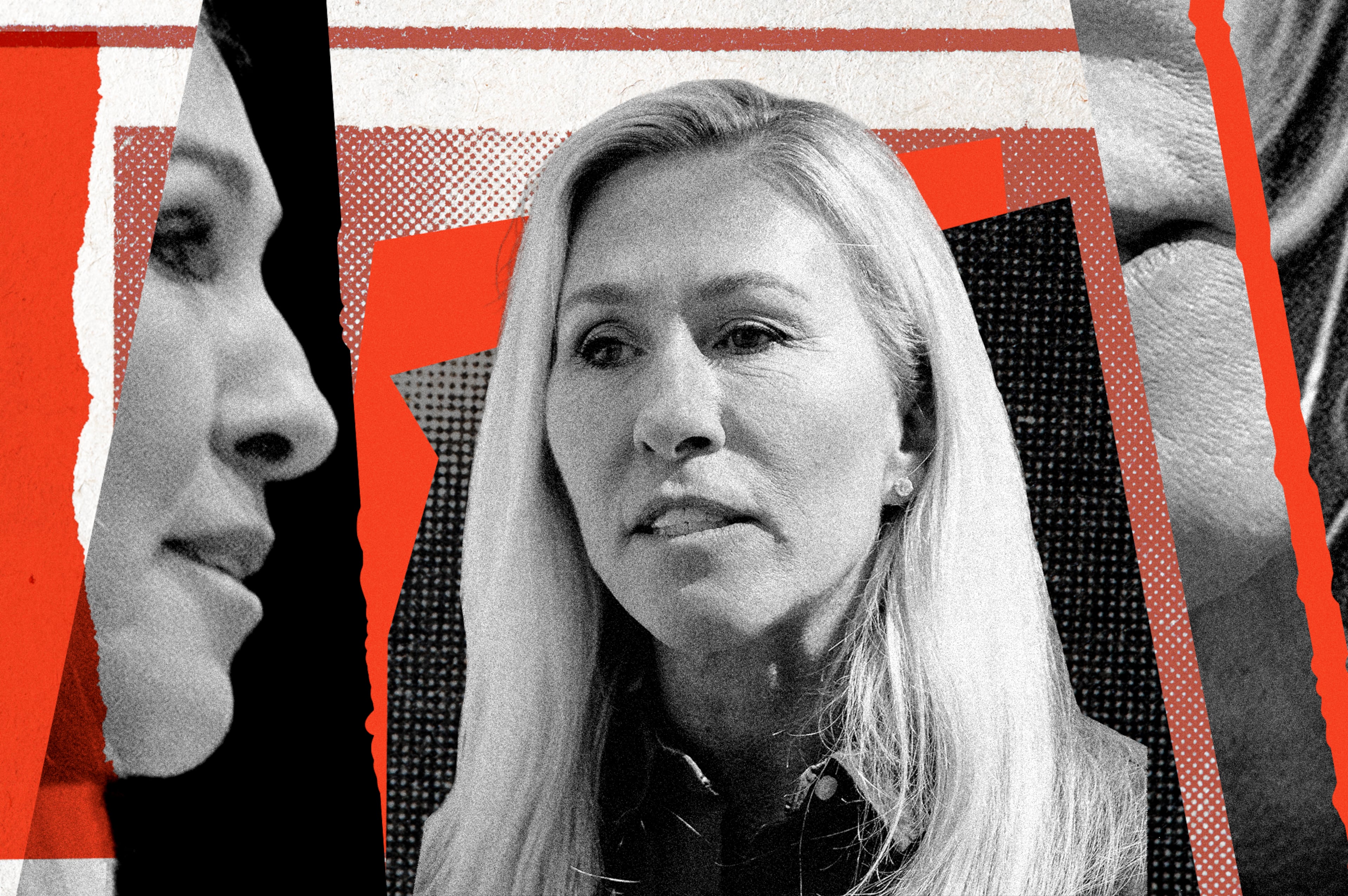Cutbacks hit College Football Hall of Fame

The College Football Hall of Fame has laid off about half of its full-time staff and reduced its days of operation to cut expenses amid the coronavirus pandemic.
The downtown Atlanta attraction reopened July 1 after a 3-1/2 month shutdown, but the cutbacks have come more recently as the facility continues to suffer from soft attendance and event cancellations due to COVID-19.
The full-time staff has been reduced from 43 people to 21 through a couple of rounds of layoffs, and the days the facility is open to the public have been cut from seven per week to four (Friday through Monday), according to Hall of Fame CEO Kimberly Beaudin.
Beaudin said attendance since reopening is less than 50% of prior levels. Revenue for this fiscal year, which runs through March, is currently forecast to be less than 40% of past year’s, she said.
The layoffs “were just heartbreaking and gut-wrenching decisions,” Beaudin said. “We weren’t a big staff to begin with.”
The staff reduction was driven by “continuing to see what the revenue looks like” and deciding to close the building to the public three days a week, Beaudin said.
Reducing the days of operation “felt very strategic” under the circumstances, she said. “We know field trips, which drive a lot of mid-week business, aren’t going to be happening as kids are still learning virtually or not taking field trips. And some of the natural downtown traffic from conventions and other events isn’t taking place. So we felt like if we closed those three days, we could maximize our attention on driving traffic the four days that are the most likely for folks to visit.”
The Hall of Fame’s new hours are 10 a.m. until 5 p.m. on Friday, Saturday, Sunday and Monday. (“Masks are required, and we have plenty of room for social distancing,” Beaudin said.) Although the facility is now closed to the public on Tuesday, Wednesday and Thursday, it will be available on those days to book private tours or private functions.
“We’re looking to book those days with different revenue streams,” Beaudin said, mentioning a plan to aggressively pursue smaller private events than the Hall of Fame has typically hosted, such as social gatherings.
She said the hope is to move back to a seven-day-a-week operation when field trips and conventions return.
Meanwhile, the Hall hopes to improve its finances by securing additional corporate sponsorships or donations.
“We’re very focused on fundraising right now, but it’s also a challenging time to try to raise funds,” Beaudin said. “It’s a work in progress.”
Among the larger events that have been dropped from the Hall of Fame’s 2020 calendar are SEC Media Days, originally scheduled last month, and ESPN’s College Football Awards show, which was to have been held at the Hall for a sixth consecutive year in December.
The Hall of Fame opened in Atlanta six years ago this week, relocating here from South Bend, Ind. It drew close to 250,000 guests last year, including individual and group tickets and events, Beaudin said.
As for when business might return to normal, she offers no prediction: “I think we could really trap ourselves if we keep thinking, ‘Oh, it’s going to be normal by this or by that.’ What we’re trying to do is focus on our reality and just assume this is the reality for the foreseeable future and how do we adjust and create new revenue streams, how do we get creative.”
She cited digital content and the smaller private events as potential sources of additional revenue and expressed confidence in the Hall of Fame’s ability to navigate through the current challenges.
“It’s not going to be easy, but there is a path, and I think by putting both feet in reality, that has allowed us to make the tough decisions we had to make to cut expenses and then start to generate revenue,” Beaudin said. “(We’re) just dealing with what we have in front of us and at the same time continuing to plan for the future.”



